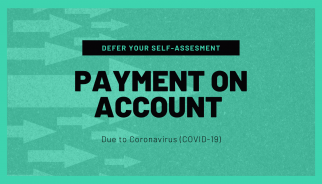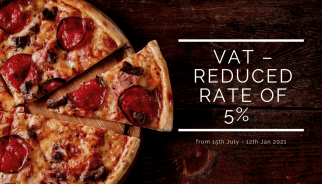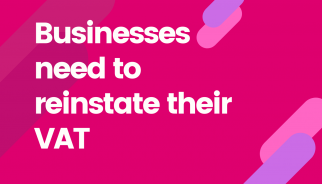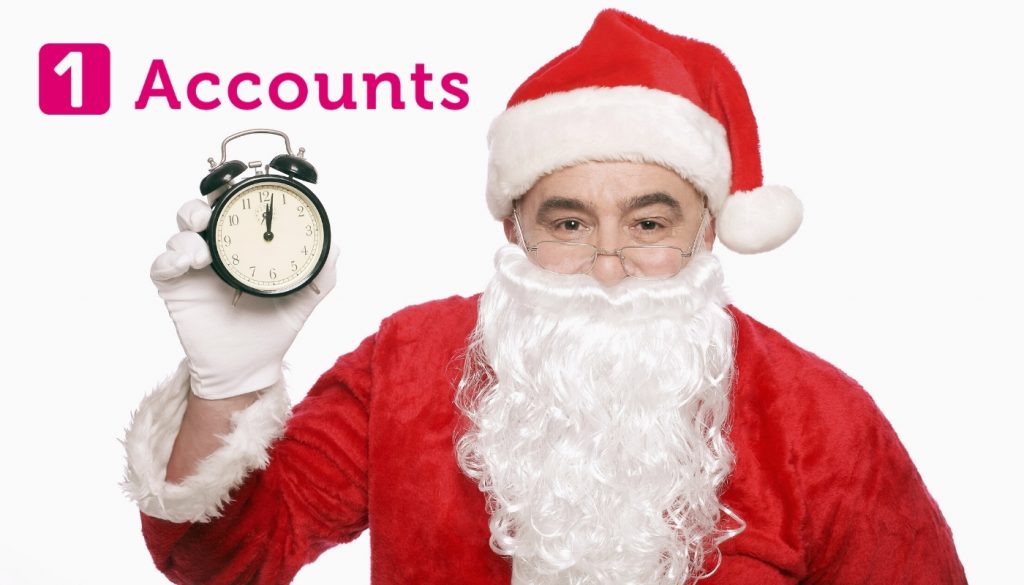
“Should I buy a car or a van” is a question we frequently get asked at 1 Accounts. Our recommendation…

“Should I buy a car or a van” is a question we frequently get asked at 1 Accounts. Our recommendation…

Choose how and when you can delay making your second payment on account for the 2019 to 2020 tax year….

VAT – REDUCED RATE OF 5% The government made an announcement on 8 July 2020 allowing VAT registered businesses to…

The deferral of VAT payments due to coronavirus comes to an end on 30 June and businesses need to take…

Sole Traders to get second grant from the Government. The government’s Self-Employment Income Support Scheme will be extended, giving more…

The help and advice that is available from the Government is forever changing. This is the latest update we have…

Capital Gains rules are changing! If you are a property investor or “accidental” landlord this is the blog for you….

Lately we have seen an increase in HMRC asking people if they have received rental income. This comes in the form of a ‘love letter’ from HMRC.

Don’t let the Christmas period get in the way of the self-assessment deadline! Christmas is always a busy time of…

No one wants a Tax Investigation. It is true that as business owners we don’t want HMRC asking awkward questions…